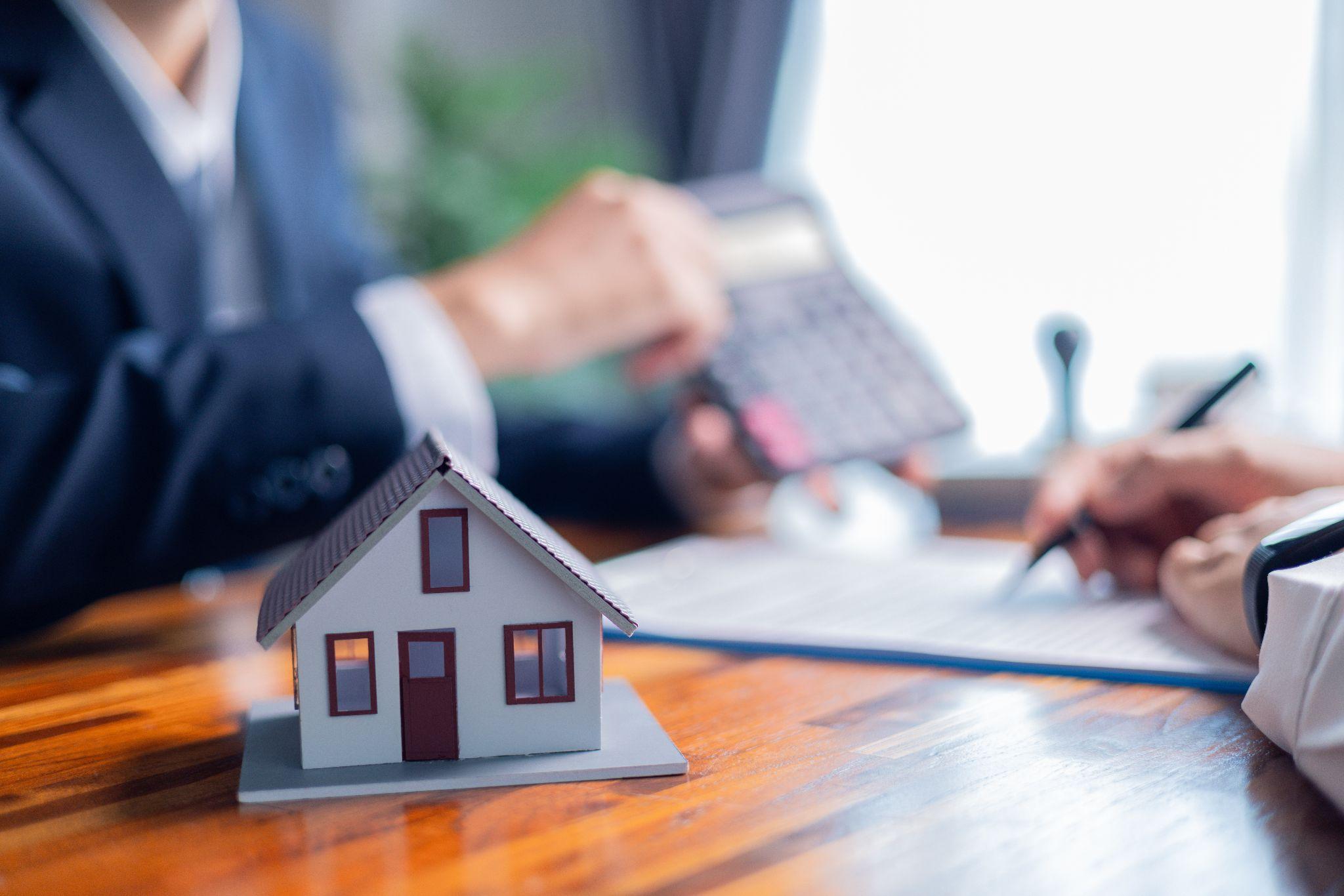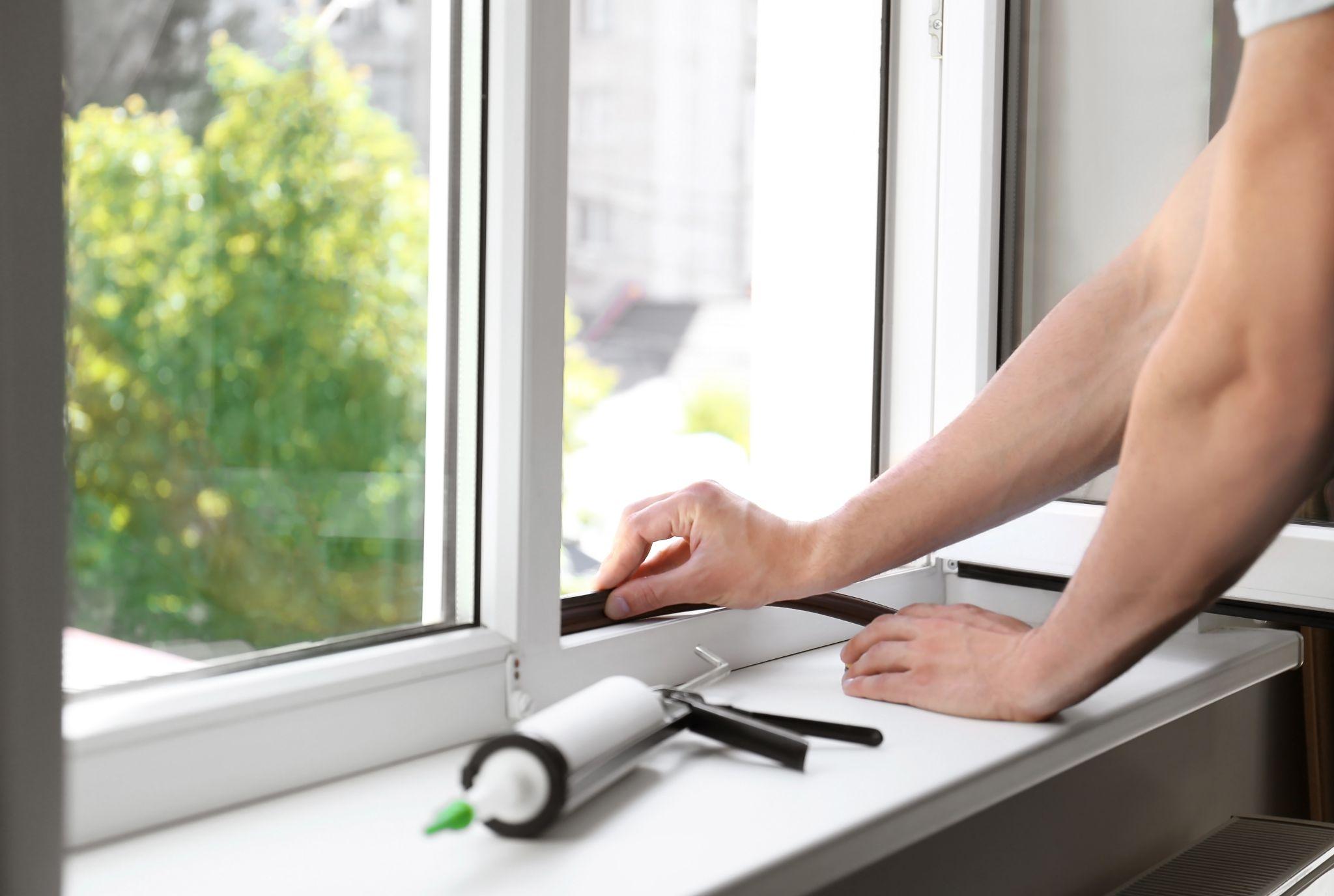Recent Posts
- Is Home Staging Worth It? March 25 2025
- What Is the Difference Between Estate Tax and Inheritance Tax? March 24 2025
- How to Sell Your House Fast in Austin, TX March 11 2025

Selling your home involves more than just finding a buyer—it comes with various costs that can significantly impact your bottom line. These expenses, whether paid upfront or deducted from the sale proceeds, can be easy to overlook, leaving you surprised at how much less you take home at closing.
Additionally, if you have an outstanding mortgage, your lender will deduct the loan payoff before you see any profit, so it’s essential to account for this when estimating your net earnings.
The first thing you need to be aware of is common selling expenses will cost you, on average, around 15% of your home’s sale price. However, the actual amount you pay could vary based on various factors, such as the overall condition of your home, buyer concessions, real estate agent commission, and so on.
For example, if you sell your home for $300,000, you will end up with $255,000 after taking 15% in common selling costs and expenses off the sales price. Suppose you owe your mortgage lender $200,000. Then you would receive $55,000 after closing.
Getting your home ready for sale will incur several different costs and expenses. You will need to pay these upfront and recoup the money after selling the house. It would help if you were prepared to spend money on the following items:
Once your house is on the market and you are waiting for a potential buyer to make an offer, there will be showing and open house fees. Some of the more common ones include:

At some point, you will need to move out of your home either before closing or shortly thereafter. Therefore, you need to remember to include all costs and fees associated with your upcoming move, such as:
Closing costs will net you between 2 and 4% on average of the home’s selling price. Some of the more common closing costs you will need to pay include:
Your real estate agent will expect to be paid for all their help and assistance in preparing, listing, advertising, and selling your house. Your realtor will take a percentage of the sales prices for their commission fees, which can run you between 5 and 6% of the sales price. Part of the agent fees you pay your realtor also covers the buyer’s agent’s commission.
Prospective buyers can make specific seller concessions as part of their offers to purchase the home. For example, the buyer could request that you pay all closing costs and pay for their home warranty. Or the buyer could request you transfer all taxes and pay them for the current property tax year.
If the seller pays these things, then they are added to the sales agreement. However, the seller could counter as they negotiate to reach a suitable agreement.
If you have a mortgage with a prepayment penalties clause, you will have to pay these penalties as part of the payoff on your mortgage. Contact your mortgage lender directly if you are not sure whether you could be stuck with prepayment penalties.

There are several ways you can reduce the costs to sell your home. For starters, you could attempt to do most of the things needed to prepare your home for sale yourself. However, you will want to leave electrical, gas, and HVAC repairs and maintenance to the professionals.
Another thing you can do is take care of all the decluttering and staging of the home yourself. You could also try to reduce closing costs by limiting seller concessions or not agreeing to any, which is possible when there is a seller’s market.
You could even forgo hiring a realtor and attempt to sell your home on your own. However, there is a lot of work involved in For Sale By Owner (FSBO). You will be responsible for preparing the home, taking pictures, listing it, advertising it, managing showings and open houses, etc.
The best way to reduce the costs and fees you incur when you sell a house is to sell it in “as-is” condition to a cash investor. By doing so, you do not have to invest any money into repairs, maintenance, touch-ups, or staging the house.
Furthermore, you do not need to hire a real estate agent and worry about their commission fees. Not to mention, when you get to closing, the closing costs are much less, and there are no seller concessions to worry about the cash investor making.
How much profit do you lose when selling a house?
You typically lose about 15% of your home's sale price to selling costs, including agent fees, closing costs, title insurance, escrow, and home prep. For a $300,000 home, that’s around $45,000 or more.
How much should you spend on a house to sell it?
Costs like repairs, staging, and cleaning can range from $2,500 to $10,000 or more. Selling "as-is" to a cash investor lets you skip these expenses.
Is selling to a cash investor worth it?
Yes, if home sellers want to avoid lengthy showings, open houses, repairs, agent fees, and long timelines. Cash sales have fewer costs, close faster, and less moving parts making them ideal for homes needing work.
Selling your home to a cash investor is simple and fast with 800CashToday. Follow these steps:
We eliminate the hassle of open houses by connecting you directly with our 800CashToday buyers - not third-party resellers. Additional benefits include assistance with moving costs, up to $10,000 cash advances after opening escrow, free credit repair services, and fast 7-day closings for urgent sales.
Save time and avoid spending on repairs, staging, and other costs. Sell your home with 800CashToday and get your move on! For questions, call 1-800-CASH-TODAY.